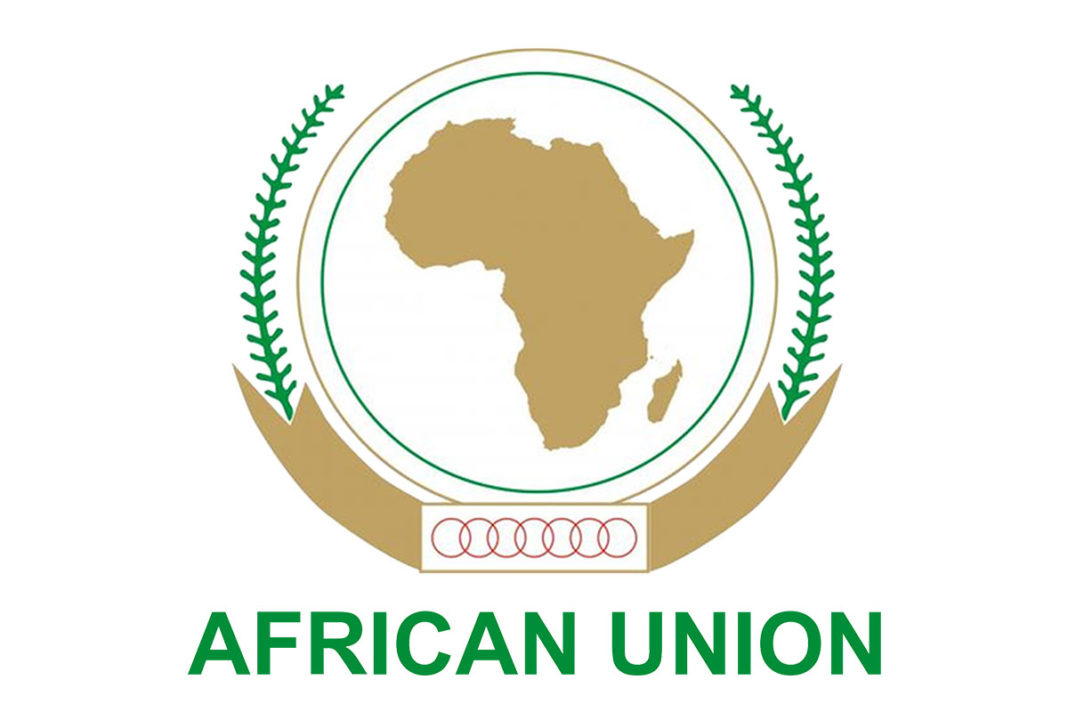The African Union has strengthened its sanctions regime to ensure its 55 member states meet their financial obligations to the Union in time. In the just concluded Extraordinary summit on institutional reforms in Addis Ababa, Ethiopia, the Assembly of Heads of State and Government adopted stringent measures for member states who do not meet their financial obligations in time.
The new sanctions regime stipulates the short and long term measures member states will face for defaulting to pay partly or in full, their assessed contributions, within a period of six months to two years. The categories of the sanctions are; cautionary, intermediate and comprehensive.
The Deputy Chairperson of the African Union Commission Amb. Kwesi Quartey lauded the Assembly decision noting it is in line with the ongoing implementation of the decision on financing of the Union that seeks to realize a predictable, reliable and sustainable financing mechanism of the Union’s agenda.
“As we speak now in the month of November, member states have only paid 50% of the assessed contributions for the year 2018. We therefore find ourselves in a precarious position where our planning, implementation and execution of programmes and activities is greatly hampered. The sanctions regime will therefore go a long way in addressing the weaknesses in the compliance arrangements.” Kwesi stated.
Cautionary sanctions will be applied to member states who do not pay 50% of their assessed contributions within six months. Such states will be deprived their right to take the floor or make any contributions in the meetings of the African Union.
Intermediate sanctions shall apply to members who are in arrears for one year. In this instance, the member states shall be suspended from being a member of a Bureau of any organ of the Union; host any organ, institution or office of the Union; lose the right to have their nationals participate in electoral observations missions, human rights observation missions and will not be invited to meetings organized by the Union and further, such states will not have their nationals appointed as staff members, consultants, volunteers or interns at the African Union.
Under the comprehensive sanctions which kick in after a member state defaults its payments for two years, such states are liable to the cautionary and intermediary sanctions and their right to participate in the meetings of the Union will be suspended. Exceptions will be granted to members who demonstrate conditions beyond their control to meet their financial obligations.
Kwesi highlighted some of the challenges the Union faces in its financing agenda such as the unpredictability and excessive volatility of its revenues; over-dependence on outside partners and the growing dependence on a few countries internally to finance a large bulk of the Union’s budget.
He however noted that with the implementation of the decision to impose a 0.2% percent levy on eligible imported goods, member states would ease the pressure on their national treasuries and be in a position to meet their financial obligations to the AU timely. “This is not a dream, it is doable. We have 11 of our states that have paid their dues partially or fully from this 0.2 percent levy.
There is flexibility in the implementation of this decision and the enticing fact is that excesses realized in the collection of levy after meeting the AU assessed contributions, are retained by the state” he added, concluding that “this approach to have a levy is not something new or technically complicated, it has been used for the longest time in ECOWAS and ECCAS and has proven to be very effective.”
Nearly half of the AU states at 24 countries are at various stages of implementing the Kigali decision on financing of the Union to finance in full, the operational costs of the Union, 75 per cent of AU programmes and 25 per cent of peace support operations gradually by 2021.





